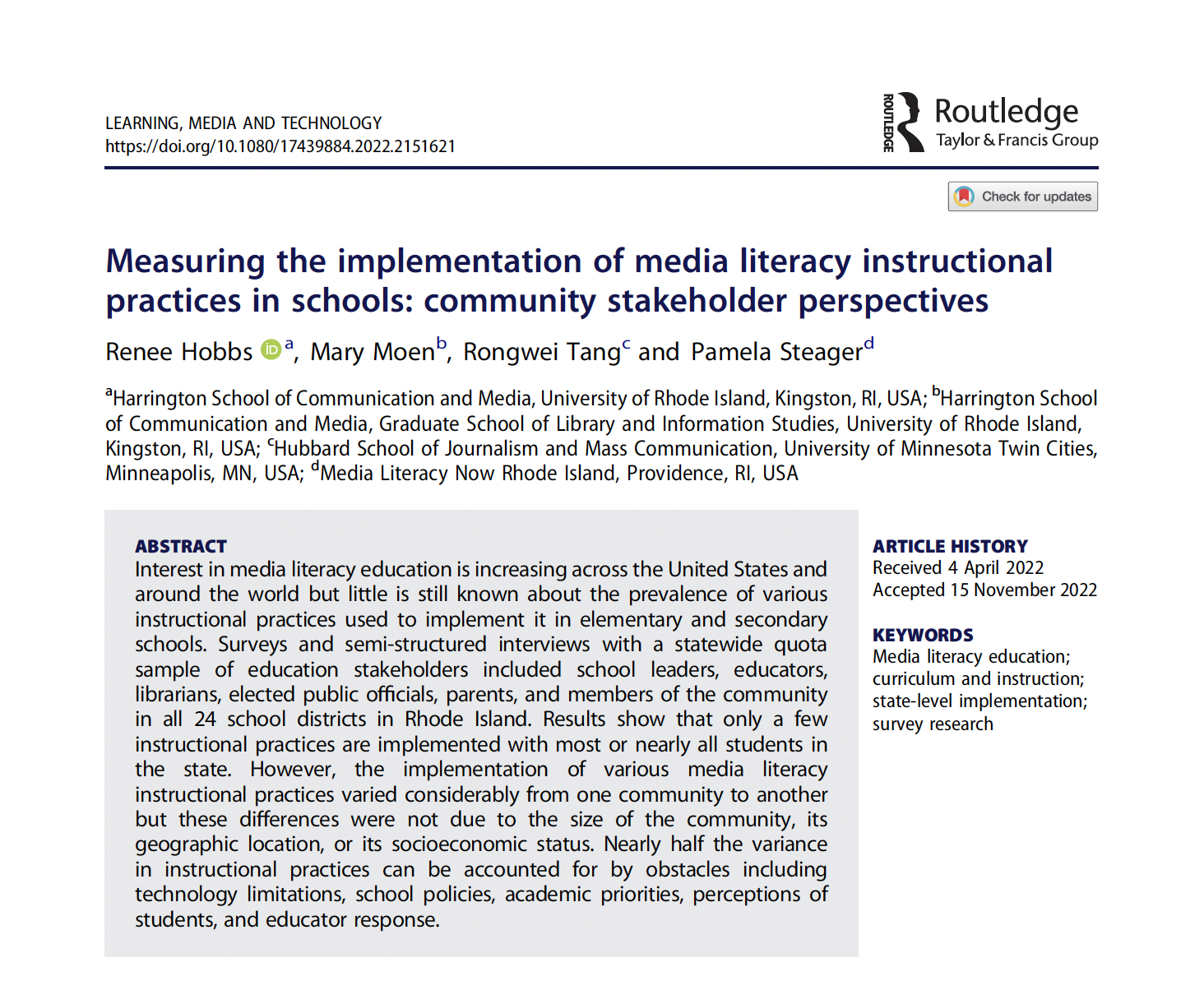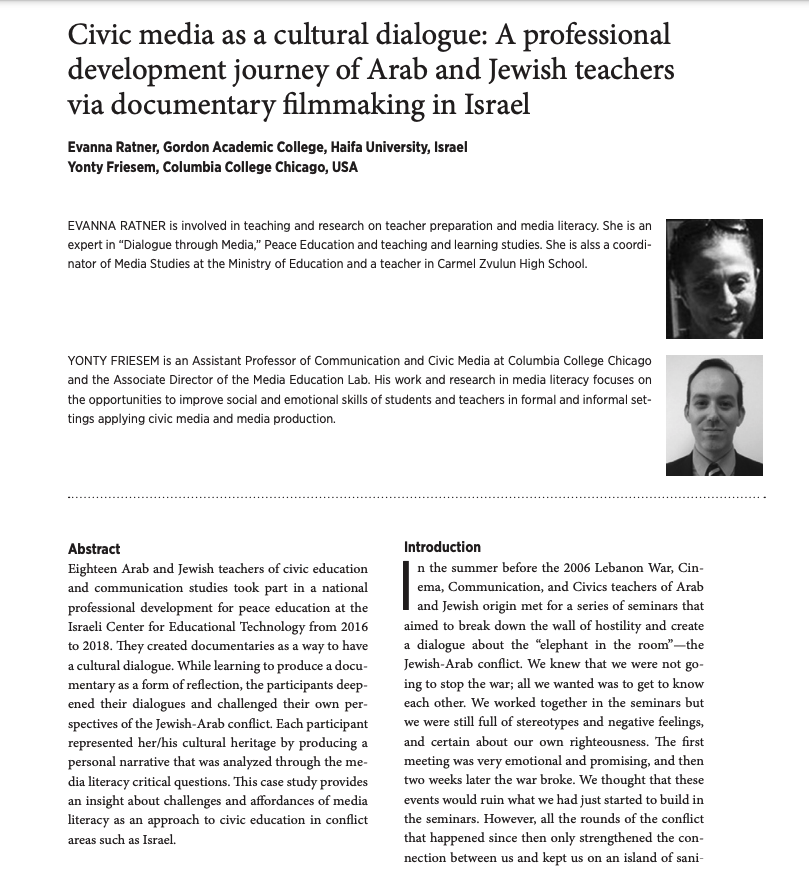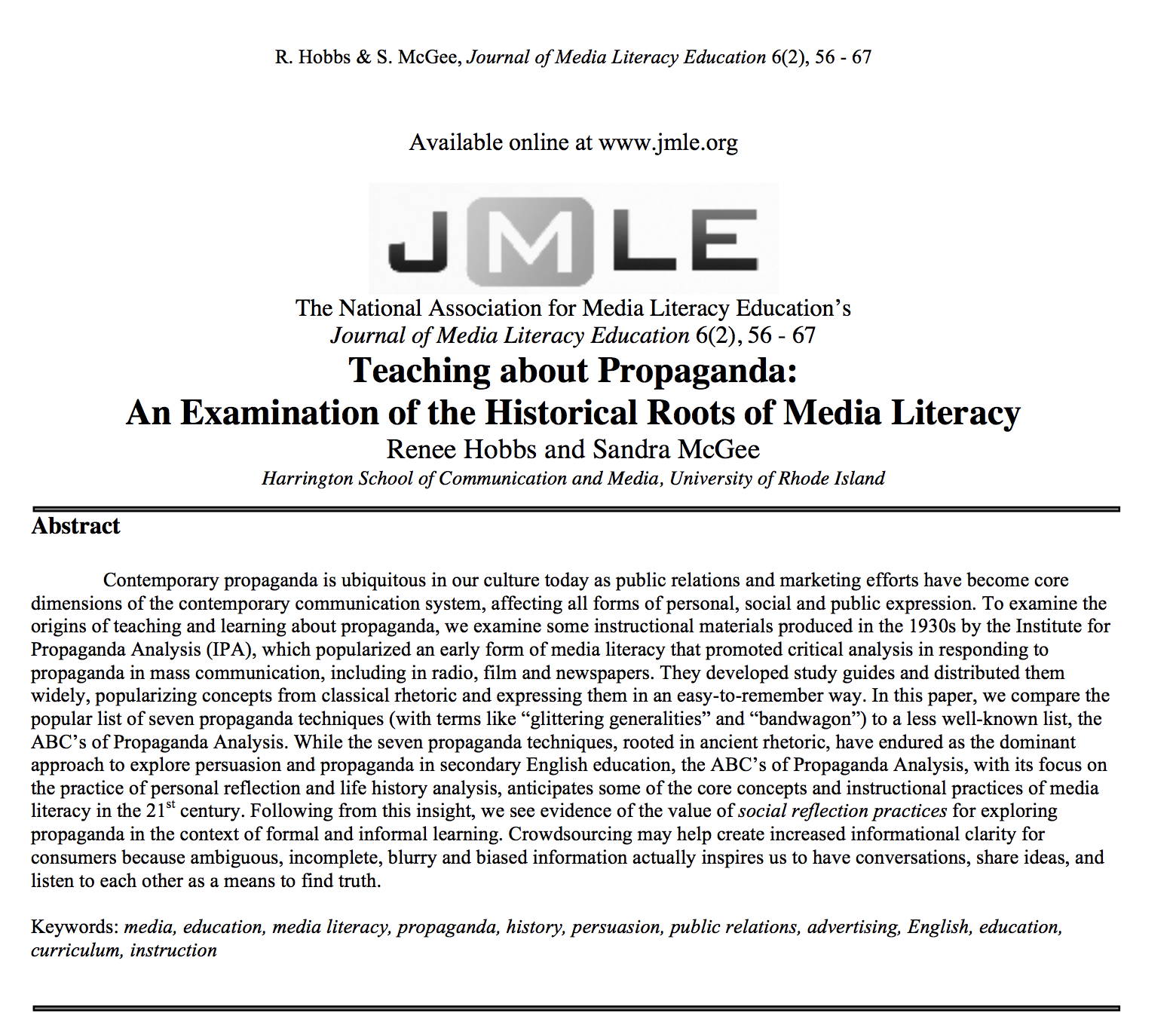- Home
- Representations & Reality
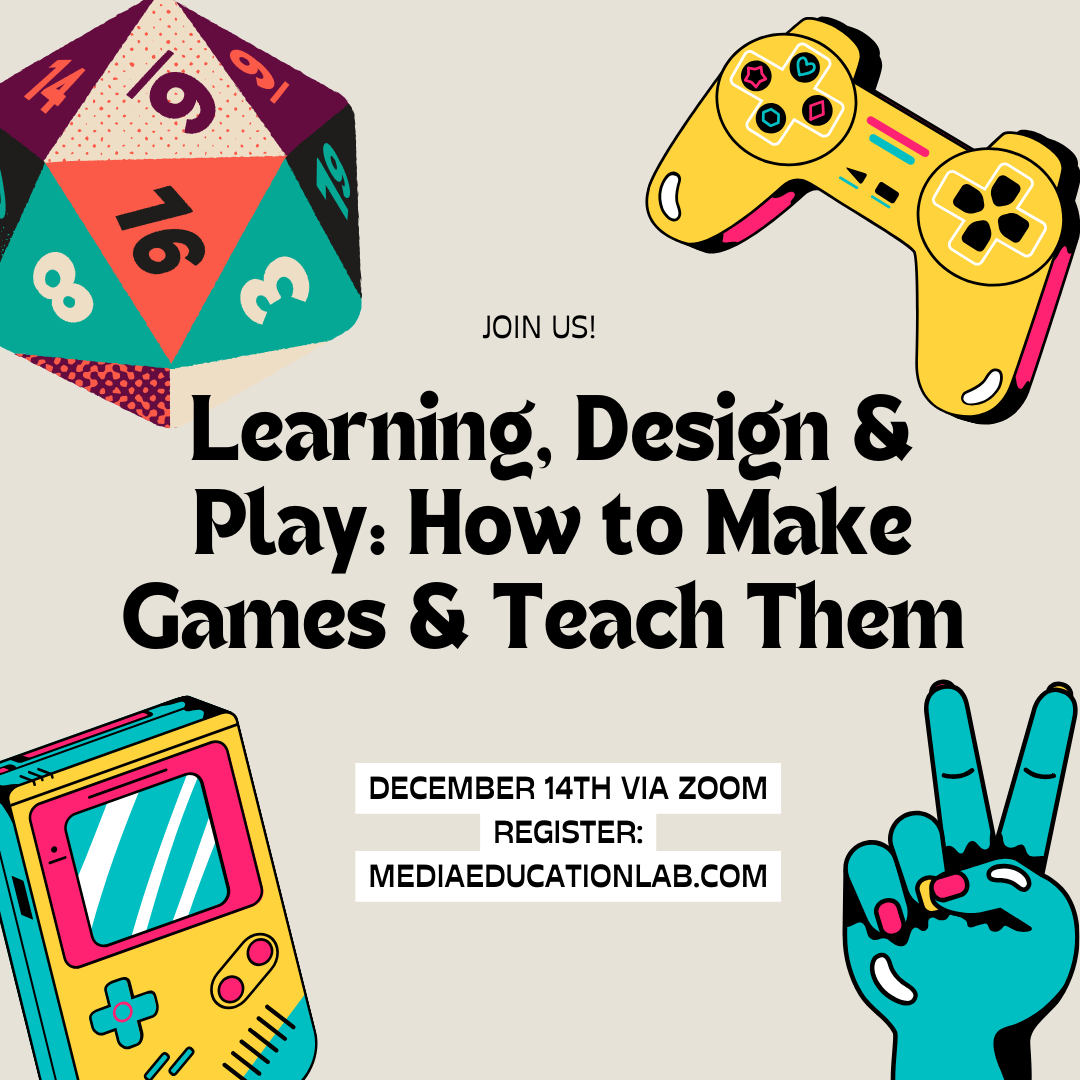
Learning, Design, and Play: How to Make Games and Teach Them
“Learning, Design, and Play: How to Make Games and Teach Them” focuses on ways of designing games around particular learning goals and how youth learn through playing games. A panel of designers and expert game facilitators with a variety of gaming contexts join researchers from the Literacy Research Association's Critical Gaming Literacies Study Group for this one hour event. Panelists will…
Read More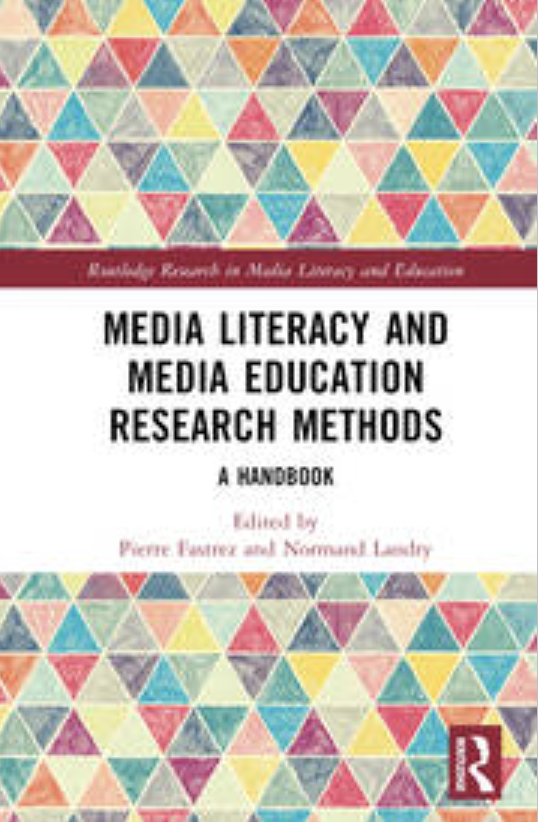
Media Club: Media Literacy and Media Education Research Methods: a Handbook
In this session, Pierre Fastrez and Normand Landry will examine the field of media literacy and media education research from the perspective of its research methods. They will argue that methodological discussions are an exciting way to interrogate the foundations of this field of research, and open up a dialogue on fundamental questions about what is meant by “media education”. Such…
Read More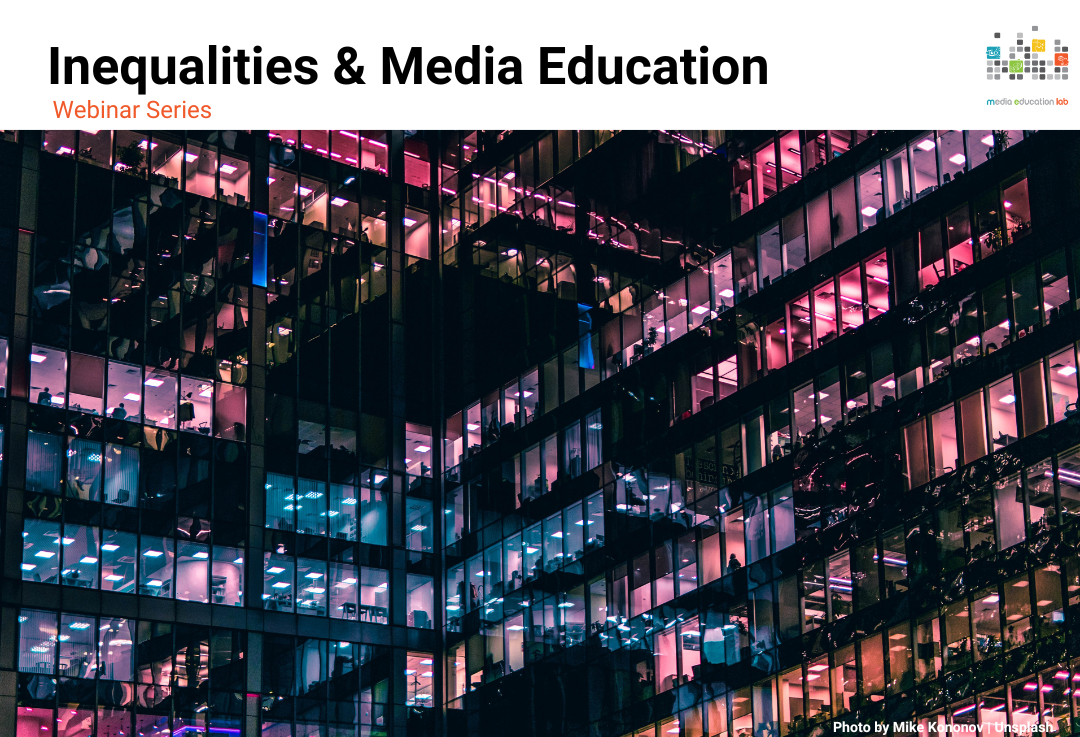
FemWork
Read here about our full webinar series on Inequalities and Media Education In this second webinar, we will explore the future of work that is at the centre of debates related to the emerging digital society. Concerns range from the inclusion, equity, and dignity of those at the far end of the value…
Read More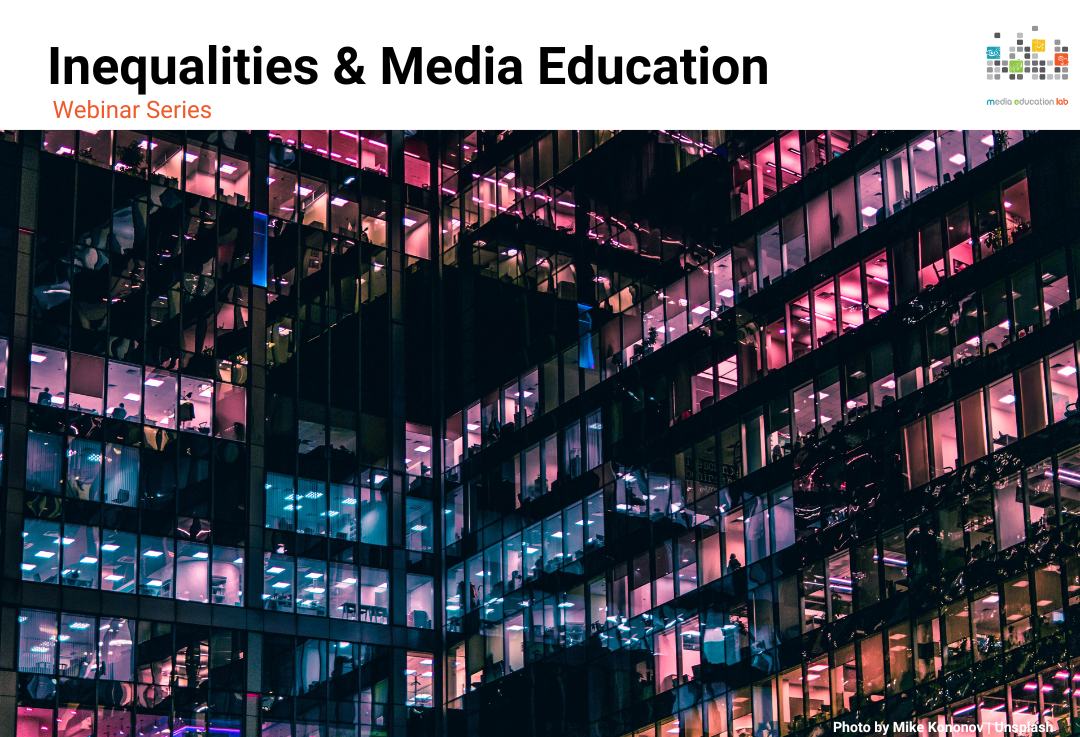
Artivism and the Fight Against Marginalisation in the Global South
Read here about our full webinar series on Inequalities and Media Education In this first webinar, we aim at reflecting on the potential of media activism and artivism to create more sustainable connections between Global South communities and to promote a dialogue to challenge…
Read More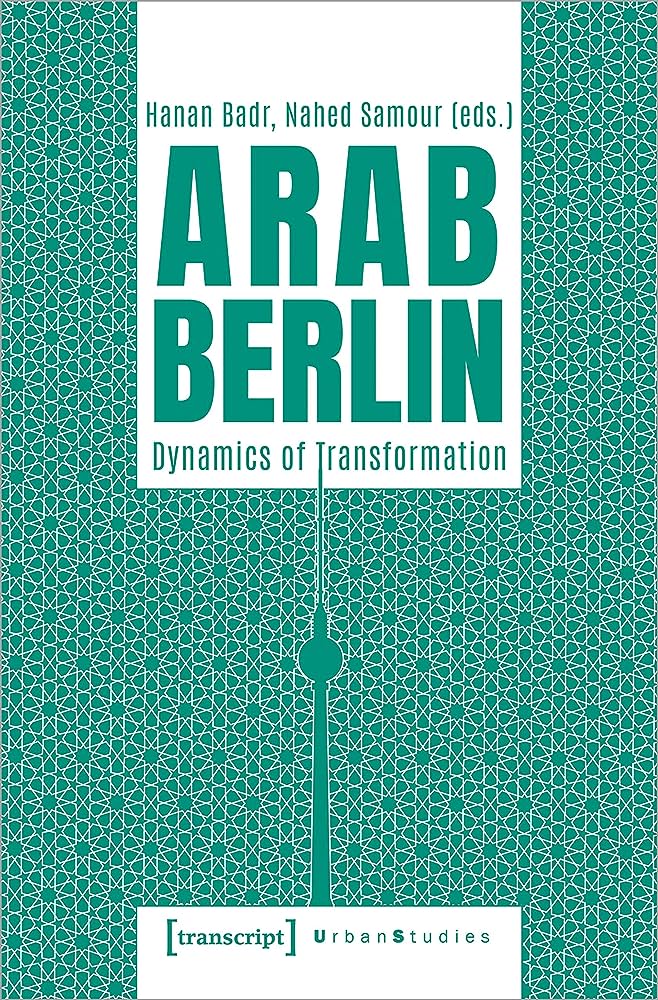
Media Club - Arab Berlin: Dynamics of Transformation
In this Media Club Hanan Badr will talk about the co-edited book Arab Berlin: Dynamics of a Transformation. Returning the gaze into transformations in Western societies, the Media Club revisits the interpretations of contemporary transformations in Berlin which vary depending on the areas in which they take place. This book’s epistemic and critical intersectional position is on the margins.…
Read More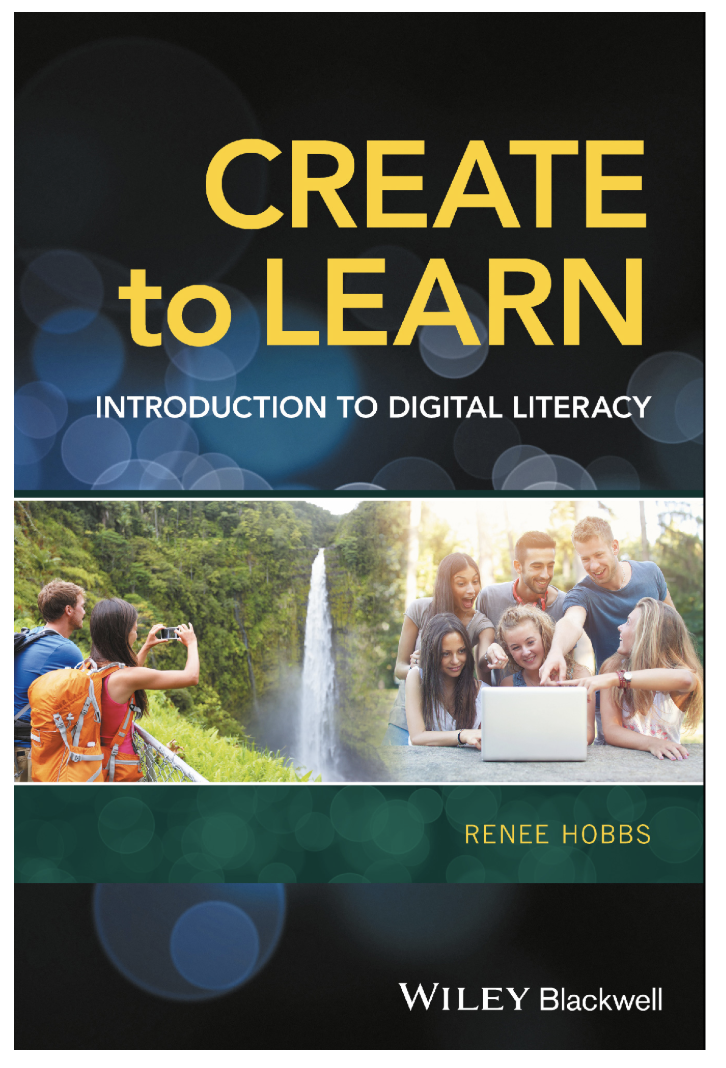
Create to Learn
Create to Learn helps learners create multimedia texts as they develop both critical thinking and communication skills. Written by Renee Hobbs, one of the foremost experts in media literacy, this book introduces a wide range of conceptual principles at the heart of multimedia composition and digital pedagogy. Its approach is useful for anyone who sees the profound educational value of creating…
Read More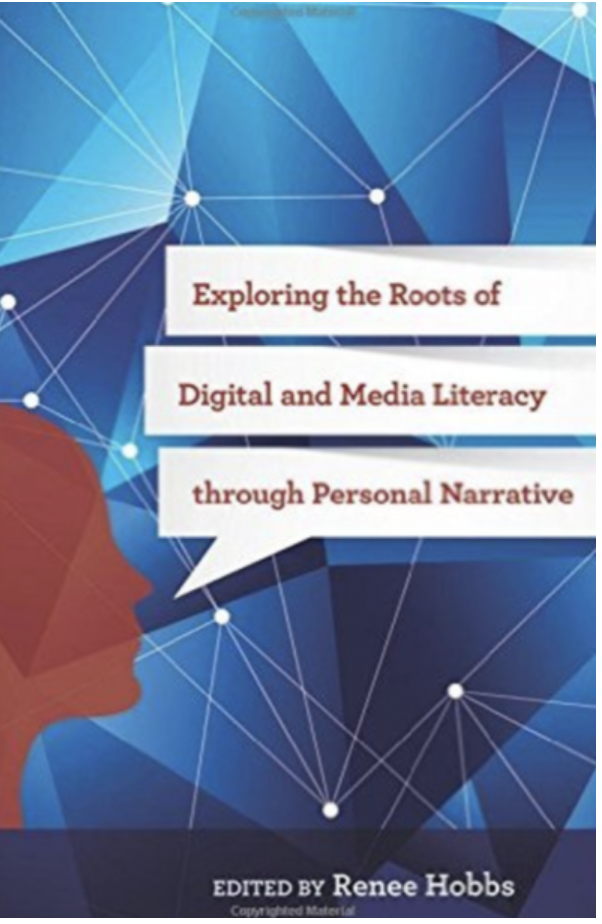
Exploring the Roots of Digital and Media Literacy through Personal Narrative
Explore the multidisciplinary nature of media literacy education It's been said that the lack of scholarship about the history of media literacy has been a source of some of the conflicts and debates among scholars and practitioners. Media literacy stands at the intersection of the fields of media studies and education, and these scholars have divergent perspectives on the past, present and…
Read More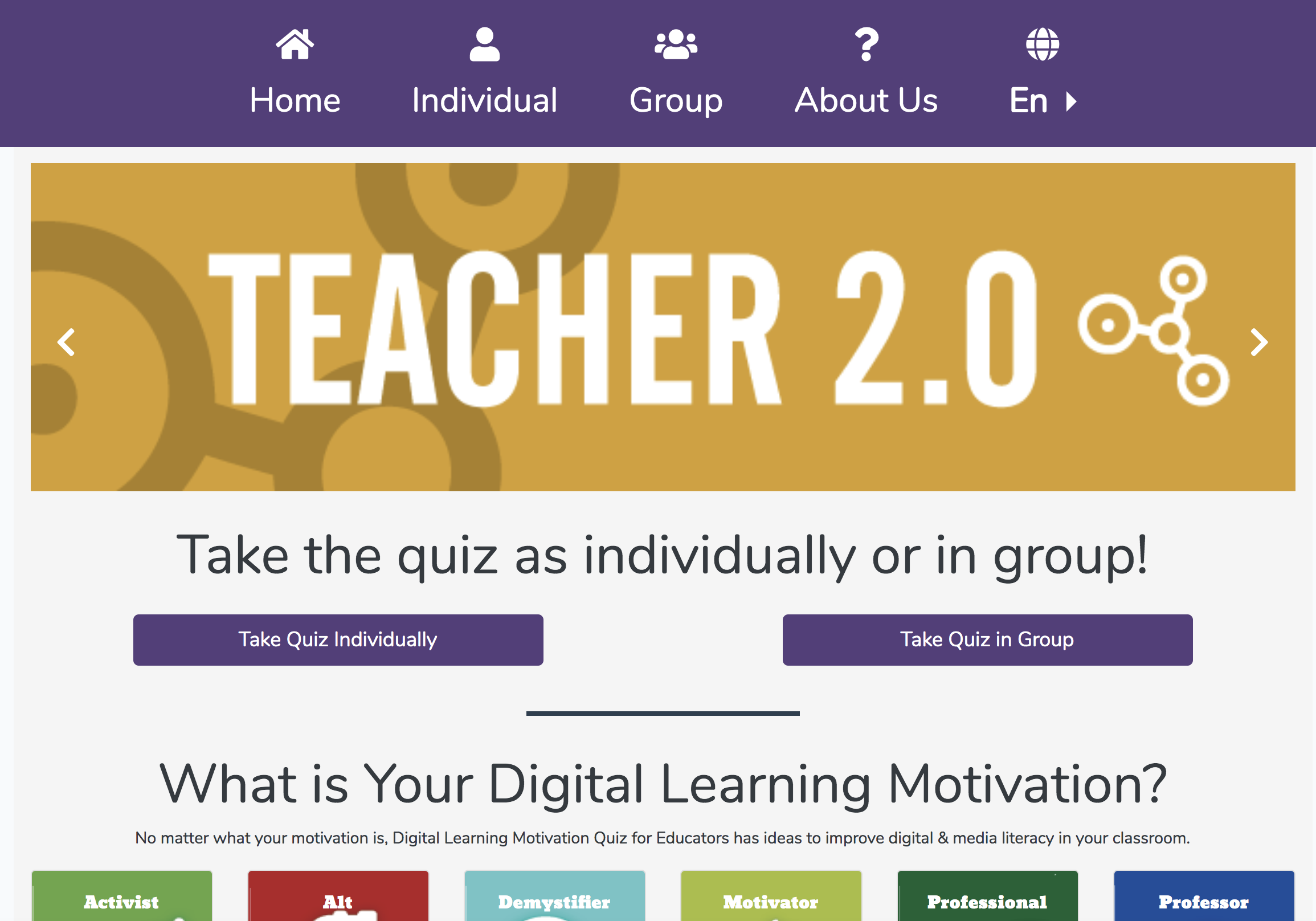
Set Your Motivation
The Digital Learning Horoscope is a 48-item Likert scale instrument that assesses teachers’ perception of the value and relevance of six conceptual themes, namely: attitudes toward technology tools, genres and formats; message content and quality; community connectedness; texts and audiences; media systems; and learner-centered focus.Visit the Set Your…
Read More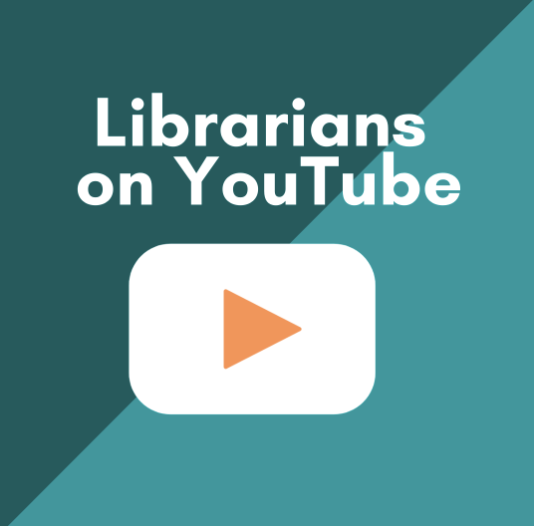
Librarians on YouTube
Librarians are often challenged to connect with their communities (learners, fellow educators, and the public) with limited time, among competing priorities, and especially recently, across distance. Among many creative approaches to engagement, YouTube offers a fresh approach for librarians to build connections beyond the physical spaces of the library and outside of formal learning environments…
Read More
Internet: Indispensable or Evil?
OverviewIn these four lessons, students use the episode Adam Ruins the Internet (Season 2, Episode 12) as a starting point to discuss the role of the Internet in modern culture and learn about media policies that shape people’s…
Read More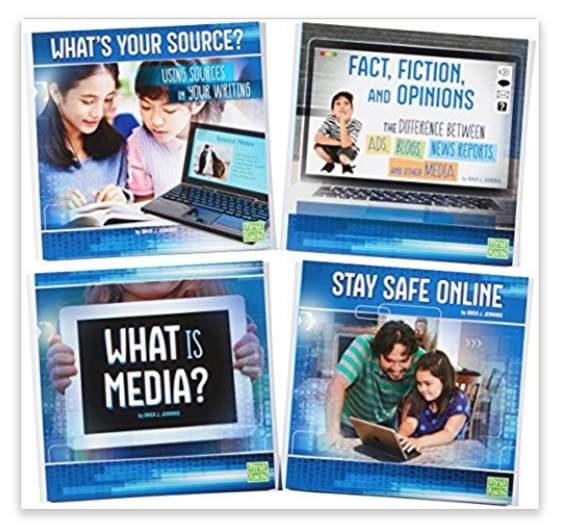
All About Media
It's never too early to be smart about media!Give emerging readers the tools to learn about media, evaluate it, and understand it. Readers will learn essential critical thinking concepts along with important topics such as understanding how to find sources and how to properly source, privacy and Internet safety, evaluating ads and news reports, and determining the differences between facts,…
Read More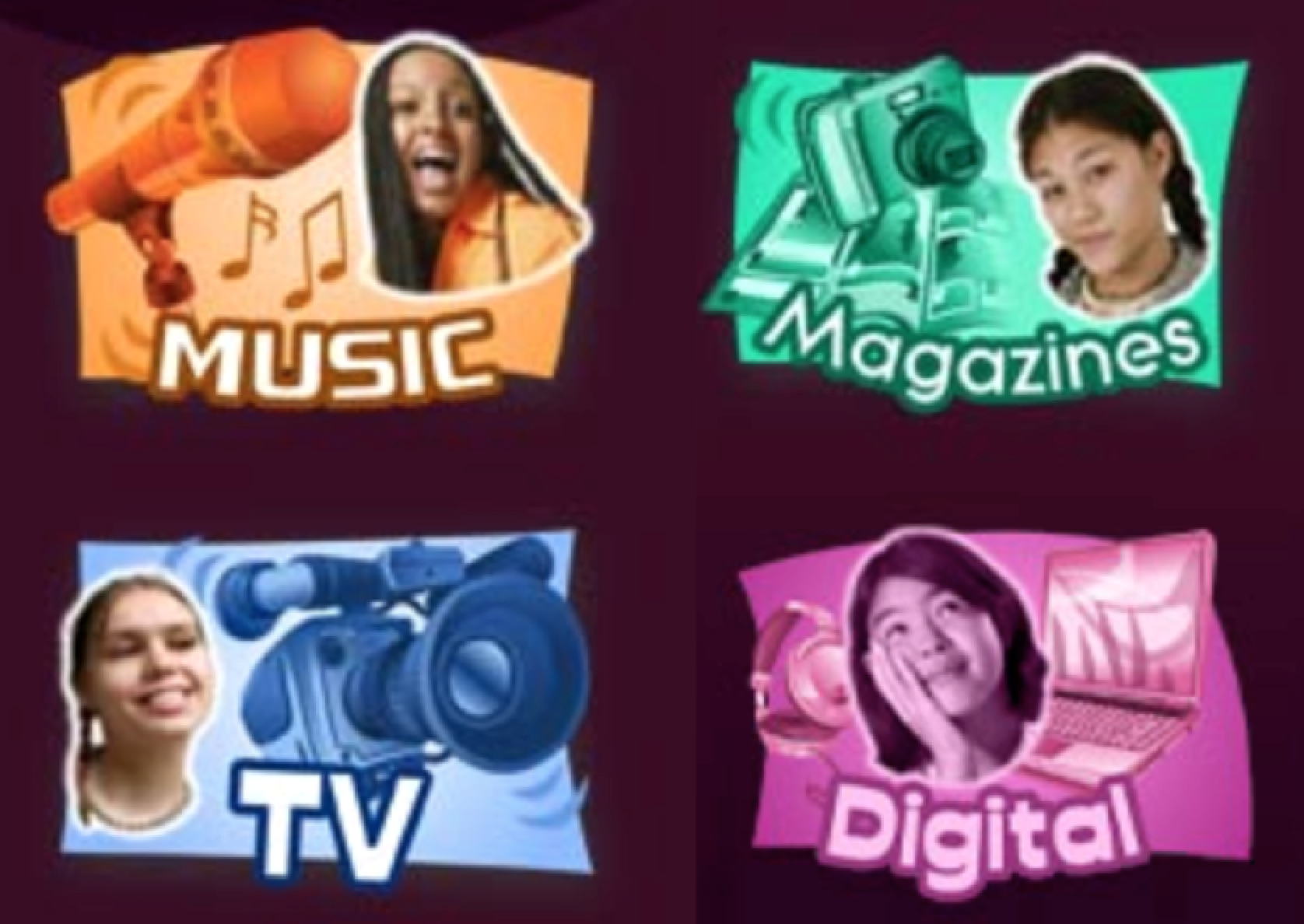
My Pop Studio
See how My Pop Studio can be used in formal and informal learning settings by browsing the examples below.
Read More